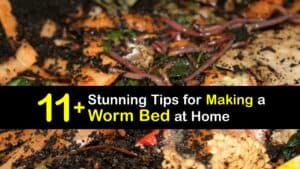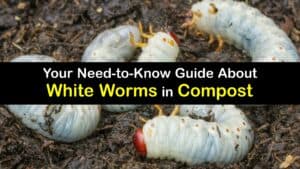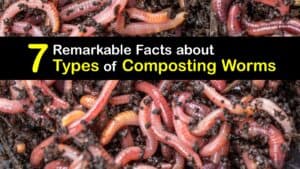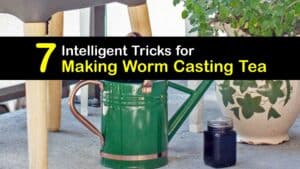Many gardeners want to know how to make a worm bed or worm bin. Composting is a green and responsible technique to cut food waste,
Strategic Tips for Worm Compost and Vermicomposting
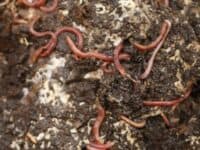
(mynewturtle/123rf.com)
You’re probably familiar with cold and hot composting, but what about composting worms? Worm compost and vermicomposting are excellent ways to recycle organic material and food scraps into a soil amendment, and it’s the fastest composting method. The worms eat the food waste and organic matter, composting the materials as they pass through the worm’s body, providing you with worm castings or worm compost for garden and lawn use. While worm composting may seem intimidating, setting up a worm bin is not any more complex than a regular compost pile.
Learn all the details of the worm compost and vermicomposting process. Find out about different types of composters and the materials you need to create finished compost. Discover which worm types are ideal for the compost bin and why red wiggler (Eisenia fetida) worm casting is better than earthworm casting material. Unlike other worms, the red wriggler enjoys living in a small bin. Explore why it’s vital to avoid placing household hazardous waste in worm compost to prevent contamination.
Small Clear Worm in Compost
Learn if clear worms, or pot worms, are good or bad for the compost pile. While red worm casting is normal when composting worms to turn food scraps into finished compost, a white worm is unexpected. Yet, these worms are a beneficial part of the composting process. #white #worms #compost #clear
Best Worms for Composting
Whether you’re brand new to vermicomposting, or want to upgrade your system, choosing the best worms for composting is crucial. Though many people use red
How to Make Worm Casting Tea
Have you ever wondered how to make worm casting tea? It starts with a worm farm or vermicomposting. Vermicomposting employs worms to produce nutrient-rich compost
